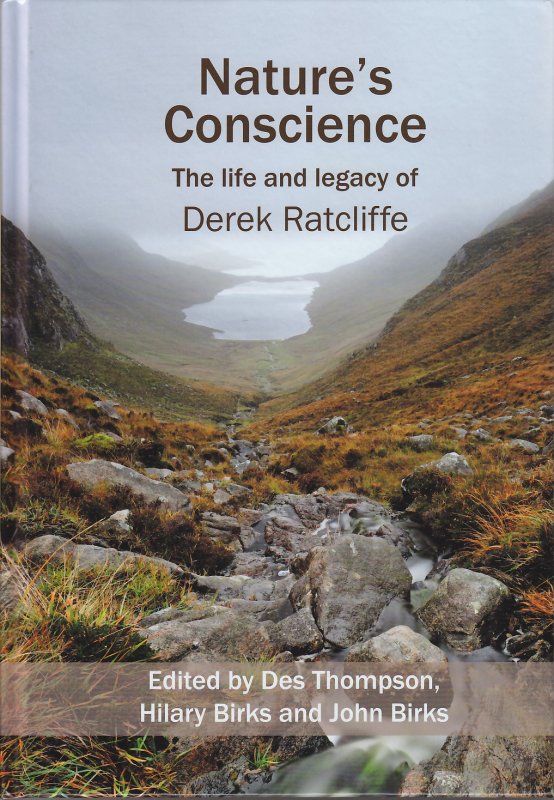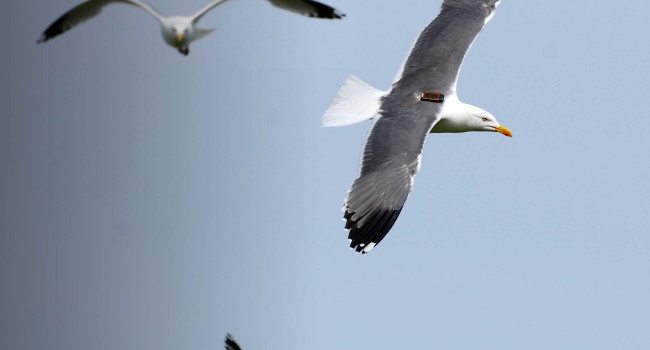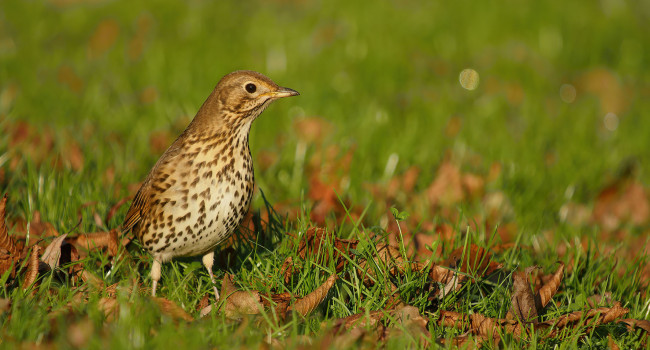
Publisher: Langford Press, Kings Lynn
Publication Year: 2015
Binding: 2
Page Count: 596
ISBN Number: 978-1-90407-860-9
Price: £30.00
Nature's Conscience: the Life and Legacy of Derek Ratcliffe
This book is an absorbing record of a great life and of a formative period in conservation. A small number of remarkable people were key to the development of conservation in the second half of the 20thcentury, none more so than Derek Ratcliffe. He was a multi-talented naturalist, scientist, conservationist, photographer and author. With contributions from many who knew him best, the book covers the breadth of his life, achievements and interests. He rose to become Chief Scientist of the Nature Conservancy Council (then the UK statutory conservation body). Although hardly a household name, he was included in the Sunday Times list of the most influential individuals of the last century, yet he was never officially recognised by the State.
Two achievements really stand out. First, Derek made the breakthrough link between usage of organochlorine pesticides, population declines in birds of prey and eggshell thinning. In the early 1960s he organised the first BTO survey of Peregrines, establishing that the bird was in a precarious position. Chapters by Jeremy Greenwood, Humphrey Crick and Ian Newton cover this momentous era well. Second, Derek gave British conservation a sound basis on which to operate through a comprehensive survey of habitats published in A Nature Conservation Review. This led to the protection of many special sites. The book stimulated me to read again his classic 1976 essay on ‘Thoughts towards a philosophy of nature conservation’ which still holds relevance in these times of ecosystem services and natural capital.
Derek’s commitment to nature was total and operated on many levels. He was rarely away from the field for long. As a schoolboy in what was then Cumberland, he developed a lasting affinity with upland ecology and in retirement made many expeditions to arctic Fennoscandia. His breadth of botanical knowledge was astonishing; his expertise ranged across mountain vegetation, bryophytes and ferns. He never lost interest in searching for rare plants, raptors, Ravens and waders in the wild places for which he maintained a passion throughout his life.
Book reviewed by Rob Fuller
Buy this book




Share this page